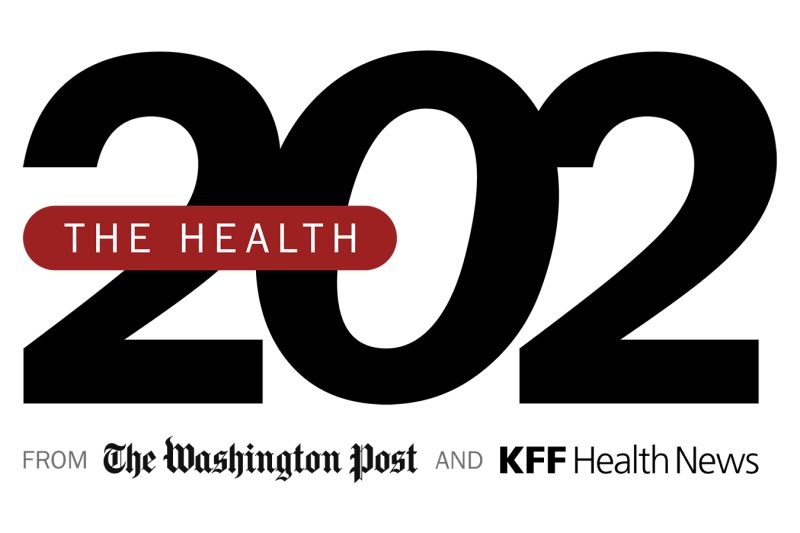Colorado Isn’t Giving up on Its Drug Importation Dream

Colorado hopes to join Florida to become only the second state authorized to import prescription drugs from Canada. But they’re hitting the same hurdles: drugmakers — and the FDA.
Colorado officials recently amended their 2022 importation application with the Food and Drug Administration, in the process revealing new correspondence that shows the state’s so-far fruitless appeals for the agency’s help.
Drug companies typically sell medications for far less in Canada than in the United States, thanks to Canadian government-set price controls. But the companies have no interest or motivation in helping Americans — or states — obtain their drugs from north of the border.
Nearly two dozen drug companies refused Colorado’s entreaties to participate in its importation program, according to a report the state issued last year. And when the state asked the FDA for help, federal officials said the 2003 law allowing drug importation doesn’t authorize it to compel manufacturers to sell drugs intended for the Canadian market to states.
According to minutes released with Colorado’s amended application, state officials said their concerns about obtaining drugs for the program were not “adequately addressed” in a June meeting with the FDA.
Kim Bimestefer, executive director of the Colorado Department of Health Care Policy & Financing, said last week that the state still hopes for the FDA’s help.
“While we continue to reach out to manufacturers to ask them to do the right thing for consumers, employers and taxpayers, we are also working with the FDA for additional guidance on how to best navigate sourcing drugs,” she said in a statement. She has worked on Colorado’s importation strategy for more than four years.
One possibility is obtaining drugs from Canadian wholesalers rather than directly from manufacturers — something that would require FDA approval. Canada’s government has also warned that it would intervene if exports to the United States threatened its drug supply.
FDA spokesperson Jeremy Kahn said the agency “will continue to work with states and Indian tribes” that seek to develop importation programs.
The drug industry has fought importation from Canada (or elsewhere) for decades, arguing it would jeopardize the safety of the U.S. drug supply. The industry’s main lobbying group, the Pharmaceutical Research and Manufacturers of America, sued the Trump administration in 2020 after it greenlighted importation, but a judge dismissed the case for lack of standing because it was uncertain whether the FDA would approve a state’s plan.
The FDA in January approved Florida’s plan to import drugs from Canada, marking the first time it gave a state permission to do so.
While Colorado aims to import drugs for consumers in the state, Florida’s plan is intended to lower costs for state agencies such as its Health and Corrections departments.
Florida hasn’t made much headway, either.
“Our vendor is establishing relationships with drug manufacturers and working on negotiating agreements,” said Brock Juarez, a spokesperson for the Florida Agency for Health Care Administration. He said the state set a timeline for negotiations over the first six months of the year, and that “has not changed.”
This article is not available for syndication due to republishing restrictions. If you have questions about the availability of this or other content for republication, please contact NewsWeb@kff.org.








